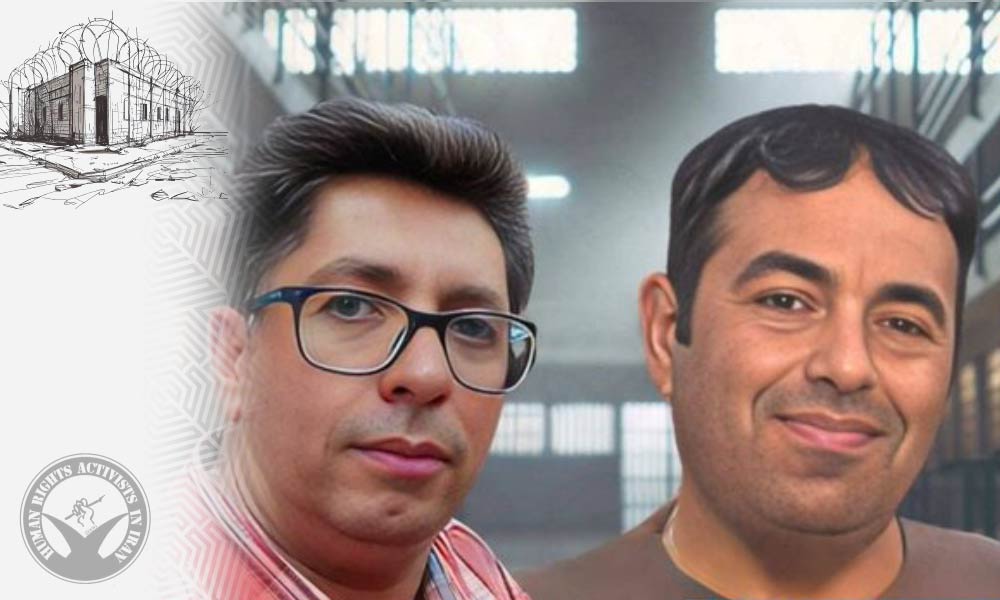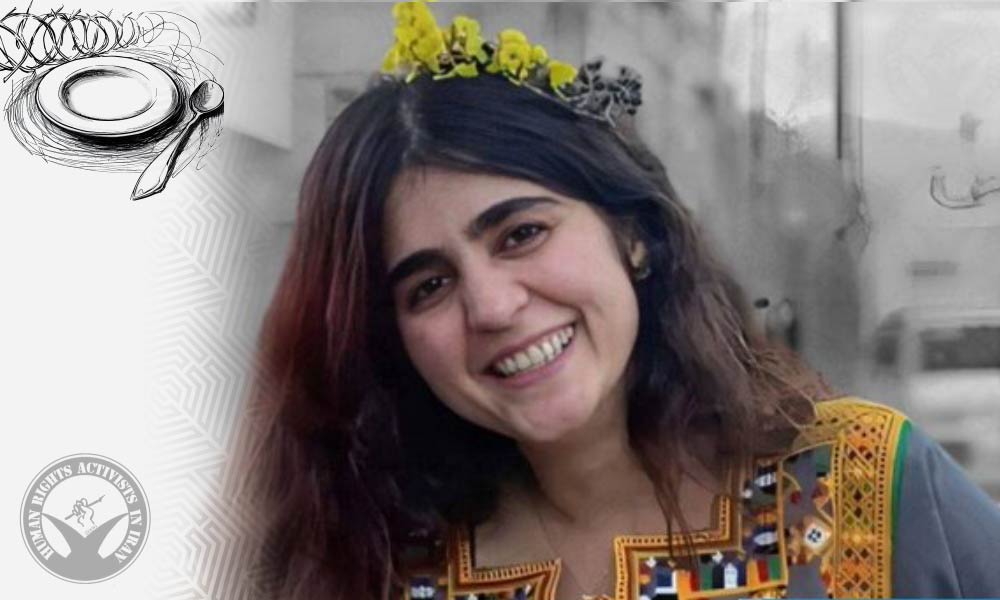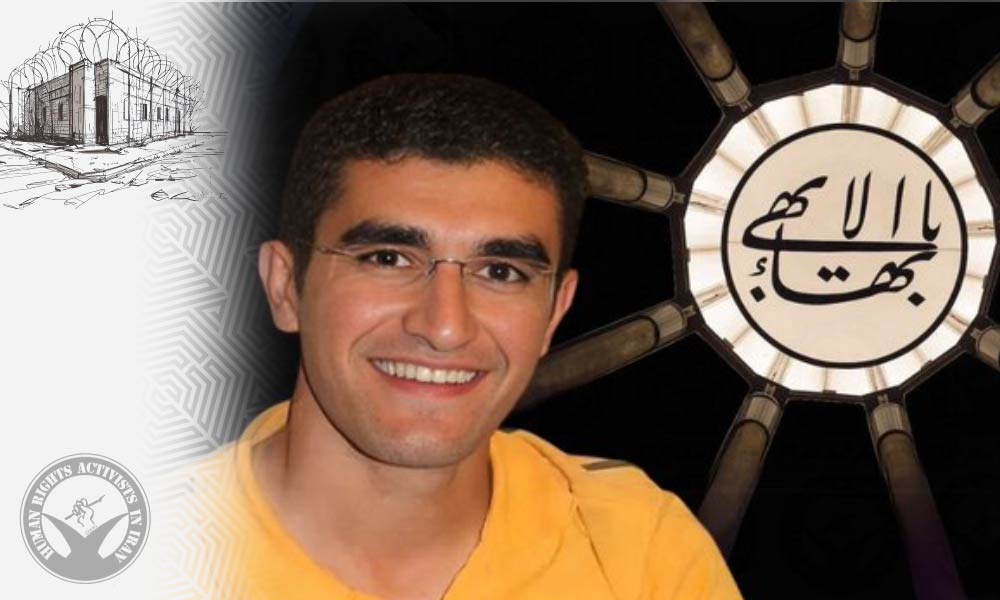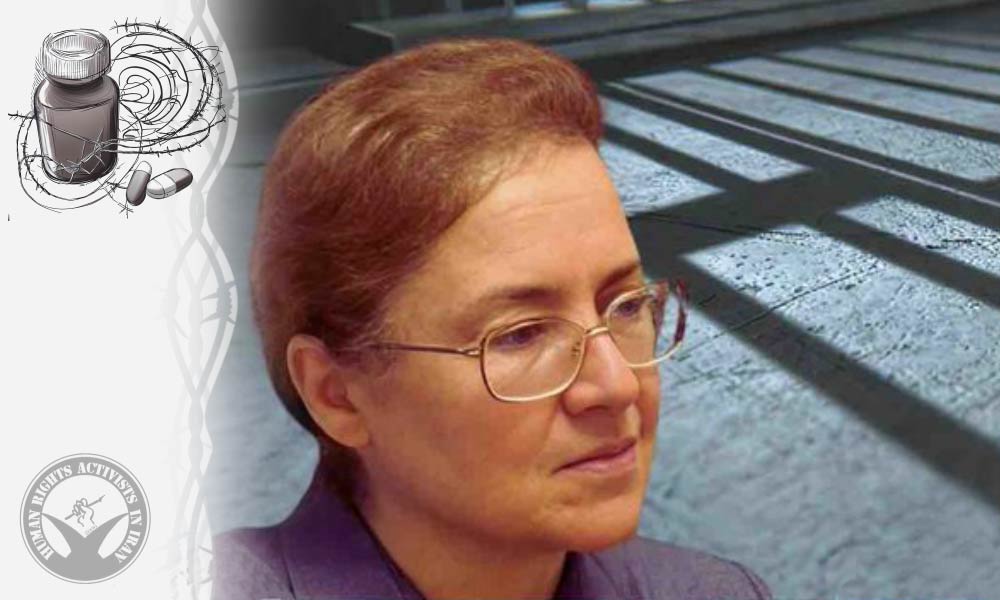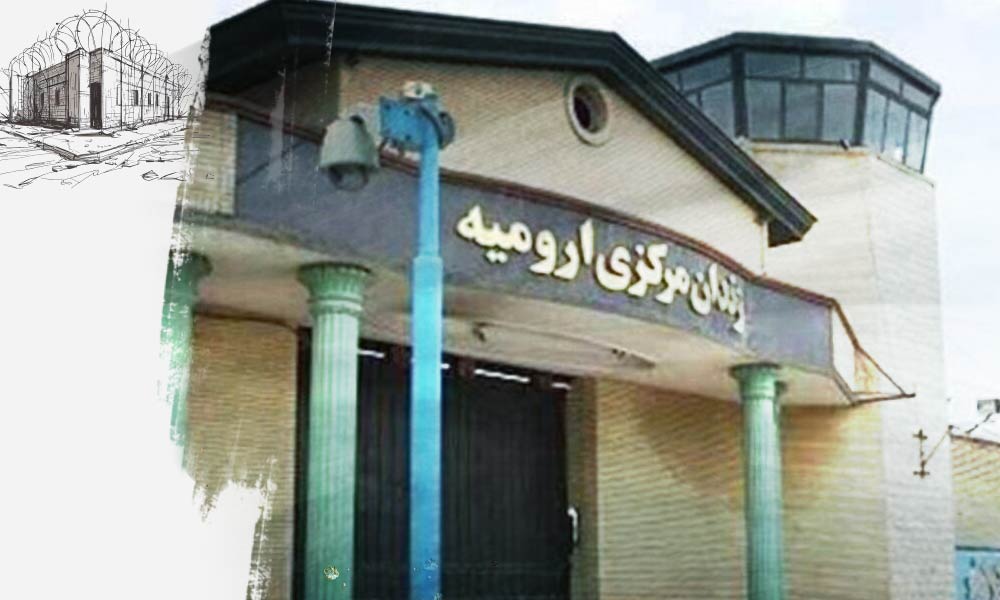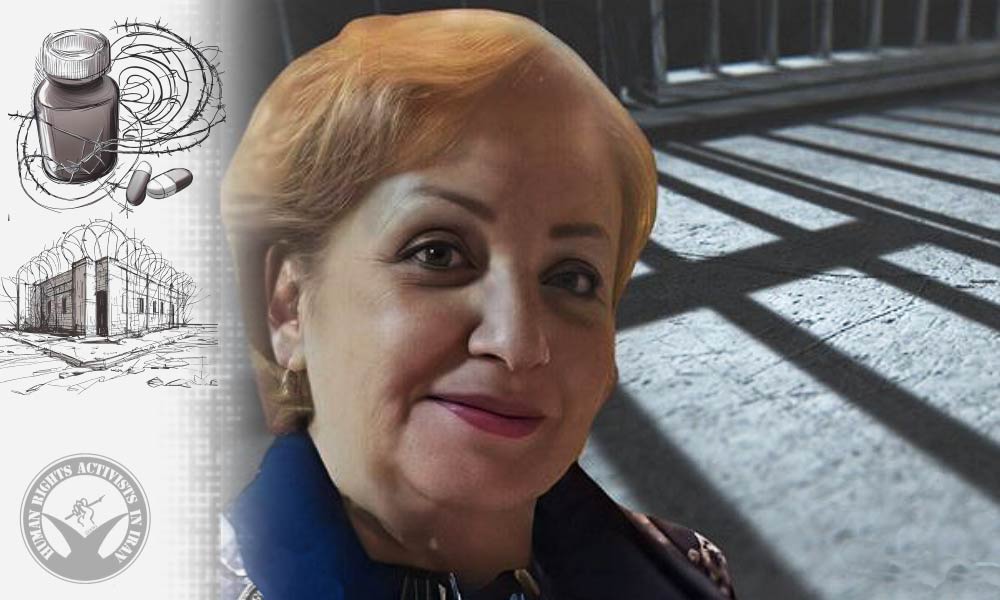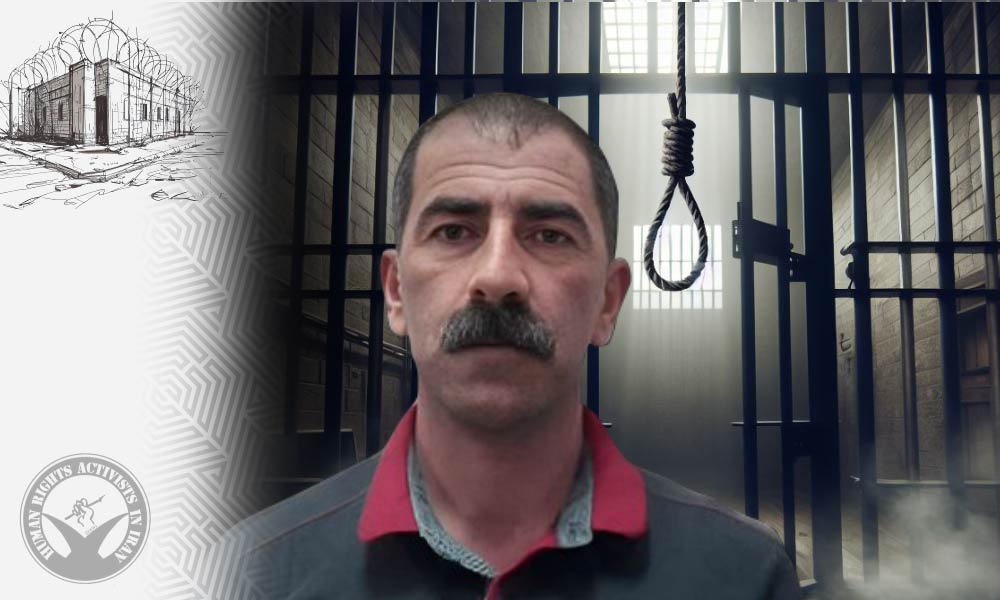Alireza Ghanbari and Javad Mohammadi-Fard, both residents of Urmia, have been incarcerated in Urmia Prison to commence their sentences.
Confirming their imprisonment, a source close to their families informed HRANA that they were arrested on April 2 by security forces at their residences and subsequently transferred to Urmia Prison.
Their initial arrests occurred in June-July 2022 by security forces. Initially detained in the Ministry of Intelligence’s facility in Urmia, they were later moved to Urmia Prison after approximately six months.
In June-July 2023, the Urmia Revolutionary Court convicted them of political charges. Mohammadi-Fard was sentenced to four years for “heading a group for causing unrest and acting against national security,” along with 16 months for “insulting the Supreme Leaders of Iran and the founder of the Islamic Republic of Iran.” Ghanbari received a four-year sentence for “joining anti-regime groups,” along with 16 months for “insulting the founder of the Islamic Republic of Iran” and eight months for “propaganda against the regime,” including detention time. These verdicts were upheld on appeal.
Pursuant to Article 134 of the Islamic Penal Code, which stipulates that in cases of multiple charges, the harshest punishment shall be enforced, both individuals will serve four years in prison.
Mohammadi-Fard, aged 44, is single, while Ghanbar, aged 50, is the father of two.



